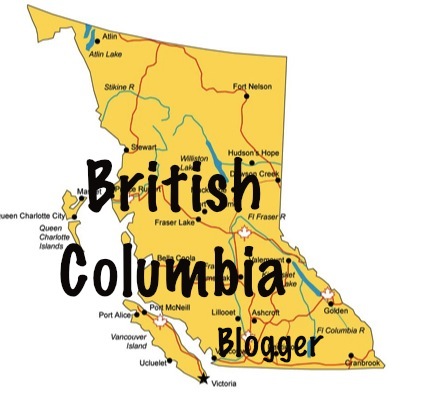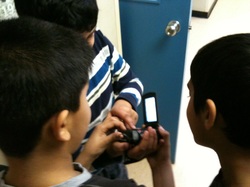
Genius Hour is a precious time, loved by all my students. It is when they are allowed to develop their own inquiry question about whatever it is that they want to explore. They are then given about 3 one hour Genius Hour sessions and then they are usually ready to present their learning to the class.
Genius Hour is an amazing time. All the kids are excited and this creates a buzz in the air! Some students are huddled around a laptop doing research on countries they are interested in, others are creating websites, PowerPoints and slideshows on an area of interest, and some are out in the hallway filming movies. Some aren't using technology at all, but rather are building and creating things with their hands. But no matter what they are working on, the common thread is that it is something they are interested in and/or passionate about.
I did not invent #geniushour. I wish I had...but I didn't. I want to give credit for the idea of Genius Hour to the right people, but it is hard to tell who actually thought of it first. I heard about it from twitter. A colleague of mine, @HughTheTeacher retweeted @MrsDKrebs tweet with a link to her blog post on the idea of Genius Hour. In it, she gives credit to Dan Pink, author of Drive and to Passion Based Learning expert, @AngelaMaiers. Dan Pink gives credit to a credit union in Washington. And that is as far back as I can track the term "Genius Hour" but of course, the idea that people should be able to learn about what they are passionate about and be given time to become geniuses has been around for a bit. And I won't be able to track the origins of that. So, let's just agree that I did not invent it but I sure do love it!
In Pink’s aforementioned blog, he defines Genius Hour in the following way, “Each week, employees [students, in our case] can take a Genius Hour — 60 minutes to work on new ideas or master new skills.” He continues to describe it in one work place, “They’ve used that precious sliver of autonomy well, coming up with a range of innovations including training tools for other branches”(Pink 2011). My students were just as successful. They loved Genius Hour and used their time wisely to learn about topics that they were passionate about (some examples are cooking, countries, Free the Children, iMovie, website design, etc.)
Denise Krebs came up with the idea of using a hashtag (#geniushour) and I, later, came up with the idea of a monthly chat and a wikispace (to read more about that click here). So, as you can see this has really been a collaborative project between many of us (we are spread out across North America and yet still able to share our ideas because of twitter).
Right when I heard about Genius Hour, I knew it was something that I had to do with my class. I always get excited about giving students authentic tasks that have meaning. So Genius Hour spoke to me. I started talking with the students about this idea and they were immediately excited and eager to start.
To those that are nervous about starting something new: Don’t let my excitement mislead you…things did not go perfectly, but that is okay. I have learned so much this year. The students’ genius hour really became my own genius hour too. We learned together, figuring out so much as we went along, and even so I would do much more modeling (of how to chose an inquiry question and share it) in future years, it was not necessarily a bad experience for all of us to have to stop, regroup, take a few steps back and continue. It showed them that I am a learner too.
Need another reason to dive in? The BC Ed Plan encourages students to have the opportunity to “discover, embrace and fulfill their passion” (British Columbia Ministry of Education 2011). Passion is so important! In a typical elementary school classroom, students have to learn what we tell them when we tell them. There is little choice in curriculum and so Genius Hour gives them a time to escape these confines and learn about what they want to learn about. And that is when genius happens.
In summary, because of Genius Hour I am a changed teacher forever. I no longer need to be in control of all of the learning. I have learned that it is okay, and actually highly beneficial, to step back and allow the learning to happen. I have also learned that inquiry projects are not only valuable to teacher-learners (which is the only way I had thought of them before) but that the students can also benefit from creating interesting inquiry projects themselves.
For more information, check out our #geniushour wiki and follow the hashtag on twitter!
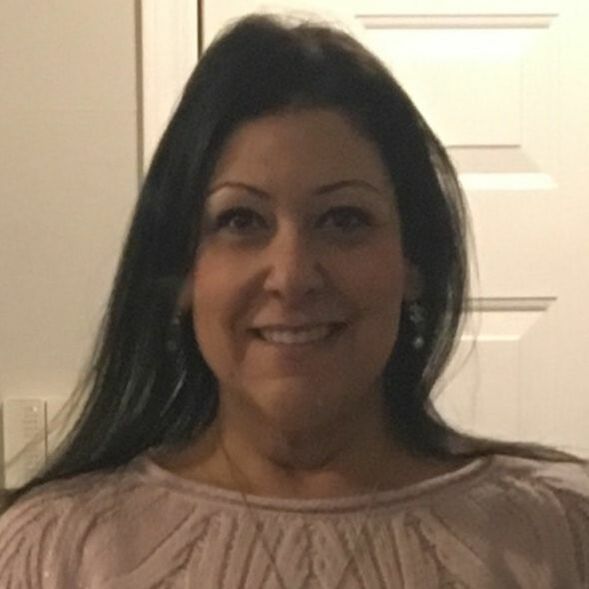
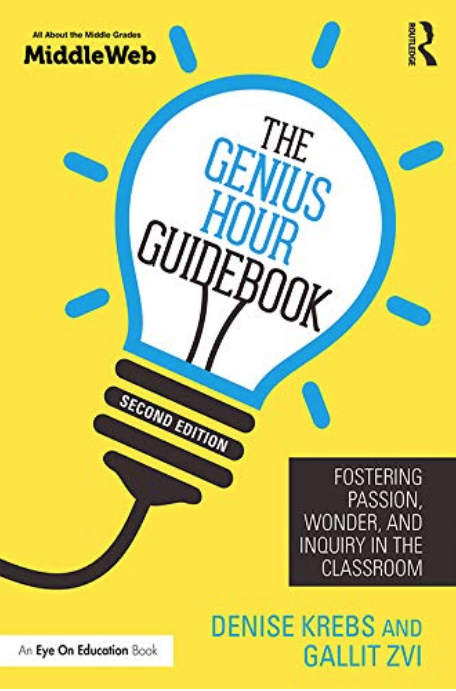
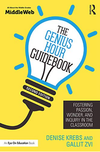
 RSS Feed
RSS Feed
